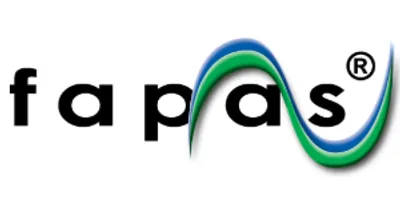COLUMBIA, Mo. – The National Science Foundation (NSF) has awarded a $500,000 grant to fund a five-year, multi-institutional initiative designed to encourage education and outreach efforts that communicate the value of taxpayers’ investment in federal scientific research. “The Broader Impacts and Outreach Network for Institutional Collaboration (BIONIC)” program, led by the University of Missouri, will bring together professionals who help scientists convey the importance of their research to society.
“Broader Impacts refers to the educational outreach and community engagement efforts that NSF-funded scientists use to show the social relevance of their research,” said Susan Renoe, director of the Broader Impacts Network in the Office of Research and Graduate Studies at MU, and the primary investigator for the project. “Established by congressional legislation, the Broader Impacts criterion was designed to encourage scientists to educate Americans about the research they support through their tax dollars.”
The BIONIC initiative will create a national network of professionals who will share ideas and resources to help researchers design, implement and evaluate their Broader Impact activities. Renoe will lead the effort at MU; other institutions involved include the University of Pennsylvania, Northwestern University, the University of Wisconsin-Madison, Iowa State University and Stanford University. Renoe said that Broader Impacts activities will broaden participation of underrepresented groups in STEM, enhance infrastructure for research and education, disseminate research results to enhance scientific understanding, and increase economic development.
“Broader impacts are extremely important in showing the relevance of funded science,” said Wanda E. Ward, head of the Office of International and Integrative Activities at the NSF. “Excellence in research and education are paramount, but explaining their relevance to the general public is an equally essential part of the mission of NSF.”
For more than six decades, NSF has supported fundamental scientific research in science, technology, engineering and mathematics (STEM) fields. Additionally, NSF provides 24 percent of the total federal support of basic academic research in all science and engineering fields. The NSF receives about 50,000 grant proposals annually representing about $7.3 billion in requests. Of those, 11,000 grants are approved through a competitive, merit-based process. All NSF proposals are evaluated on intellectual merit and broader impacts.
“Federally funded research is improving education for our kids, creating better crops and yields, and contributing to advancements in medicine,” Renoe said. “The Broader Impacts program brings research out of the lab and into the lives of the American people, showing them the value of scientific discoveries and the roles they play in our daily lives.”
COLUMBIA, Mo. – The National Science Foundation (NSF) has awarded a $500,000 grant to fund a five-year, multi-institutional initiative designed to encourage education and outreach efforts that communicate the value of taxpayers’ investment in federal scientific research. “The Broader Impacts and Outreach Network for Institutional Collaboration (BIONIC)” program, led by the University of Missouri, will bring together professionals who help scientists convey the importance of their research to society.
To continue reading this article, sign up for FREE to

Membership is FREE and provides you with instant access to eNewsletters, digital publications, article archives, and more.










